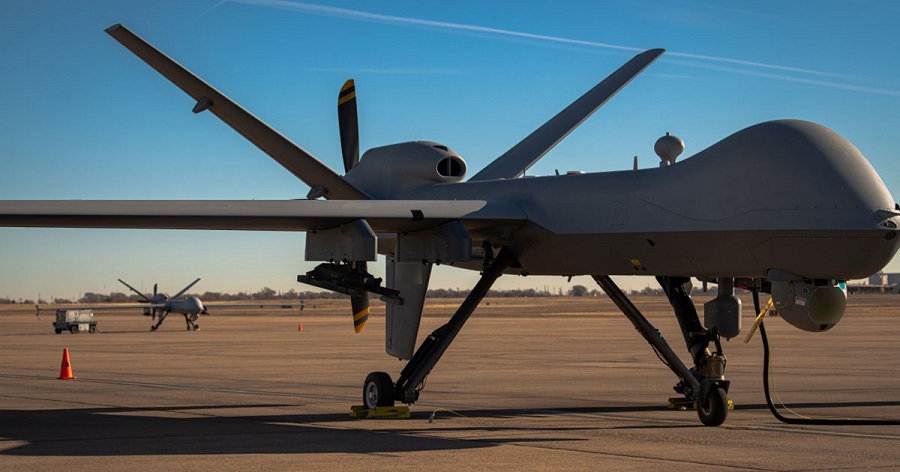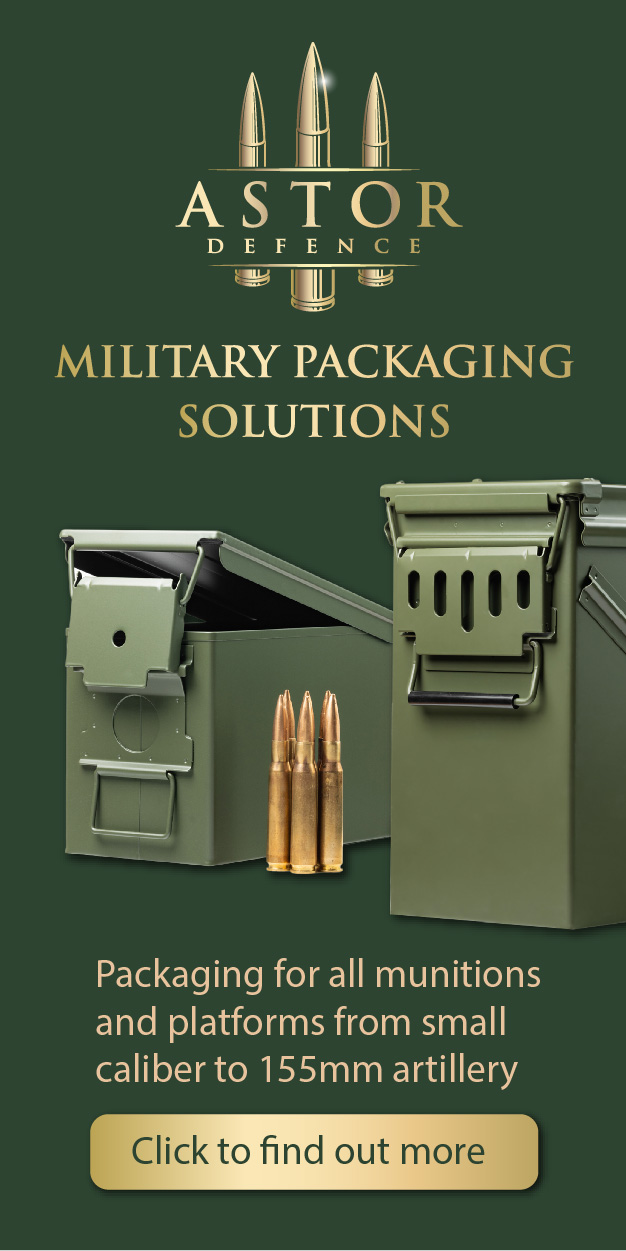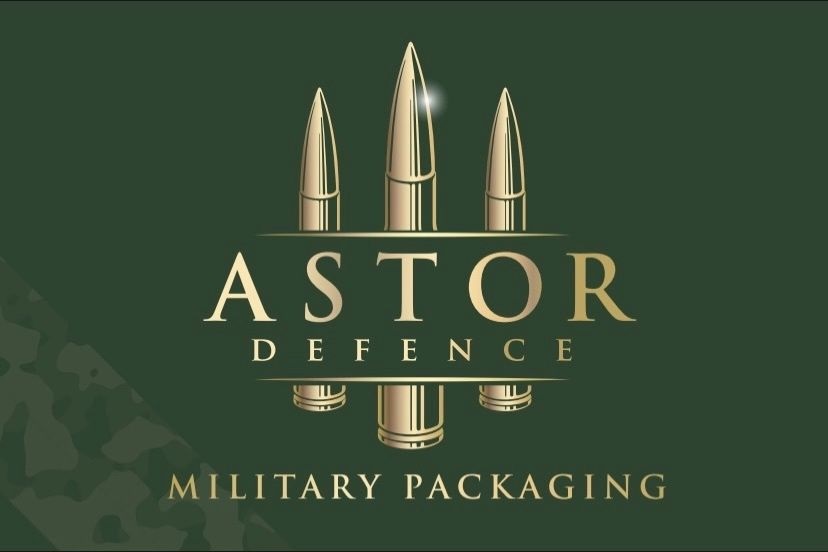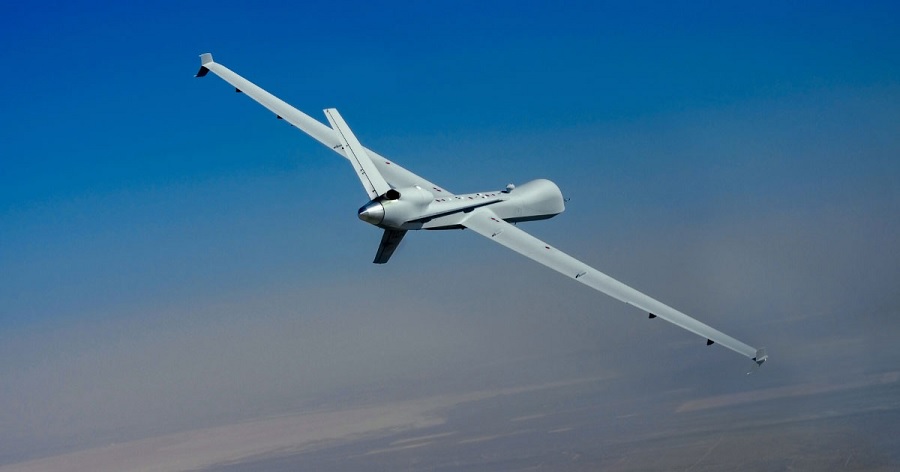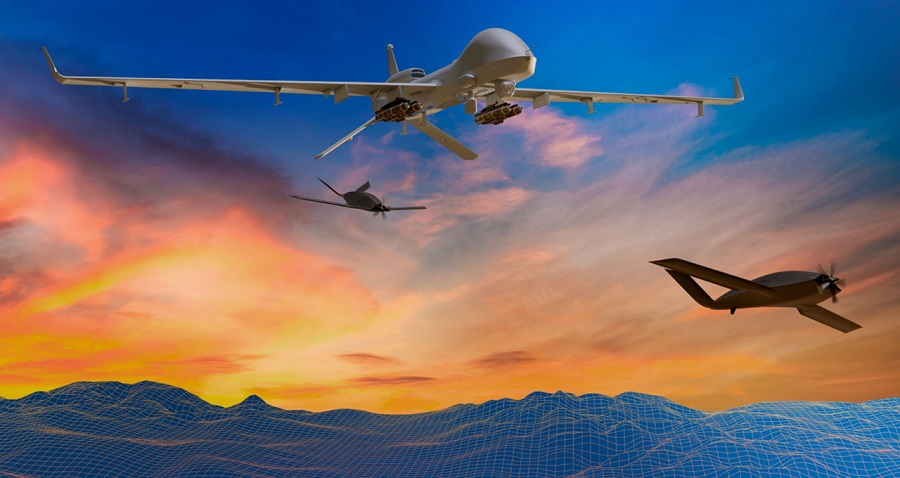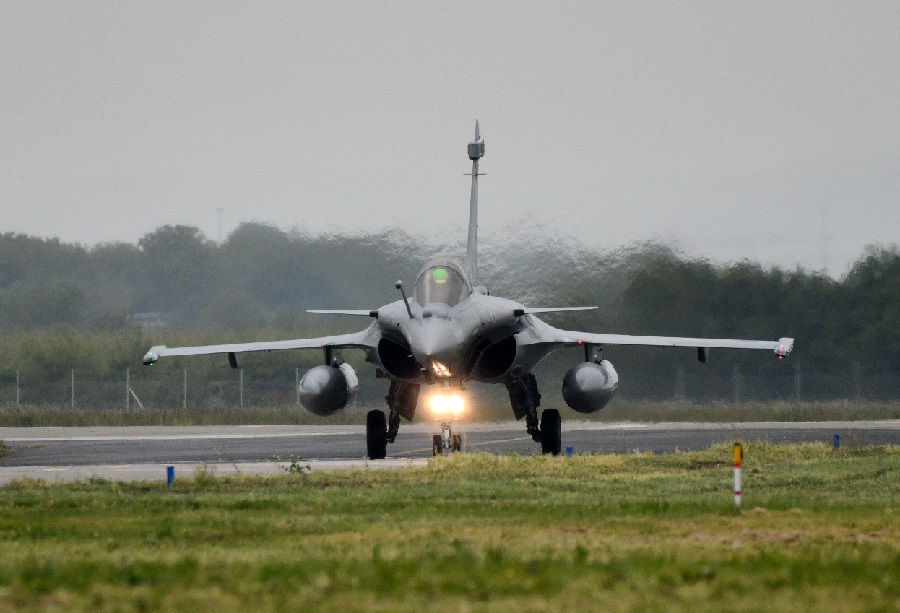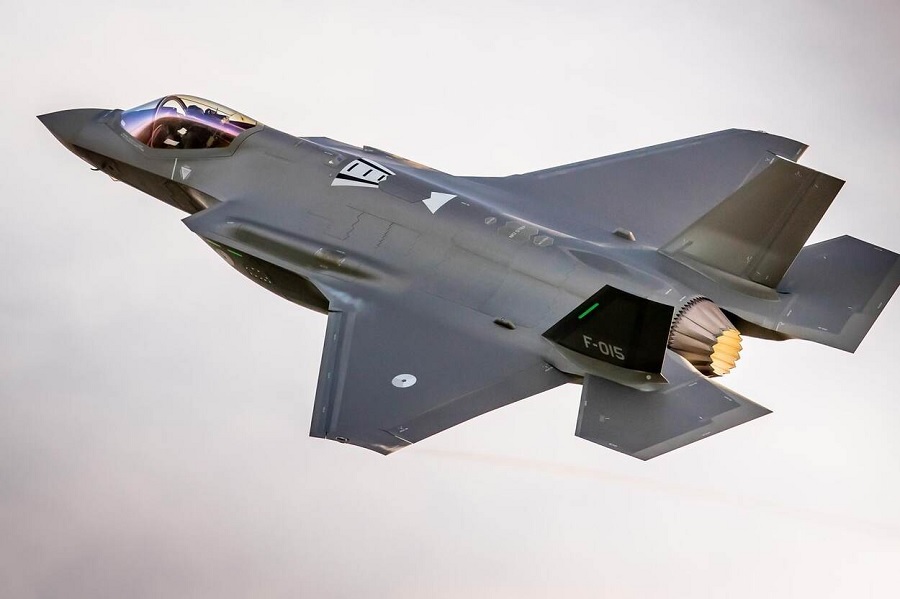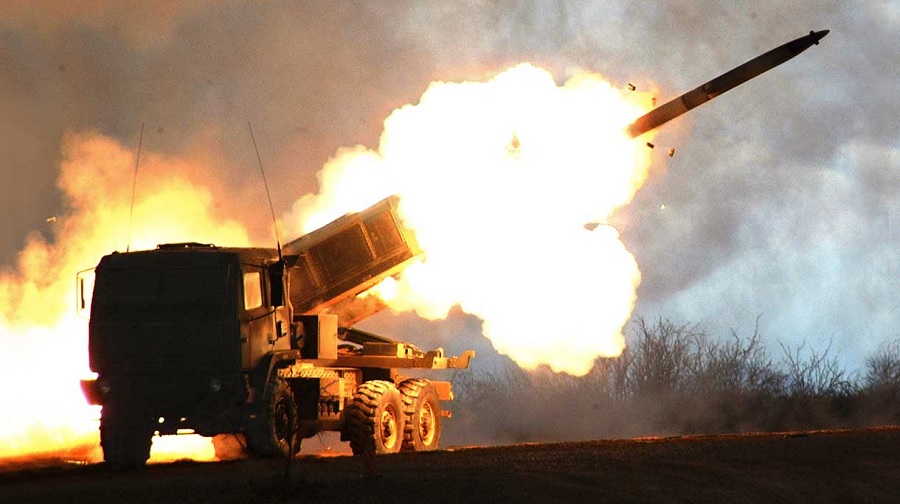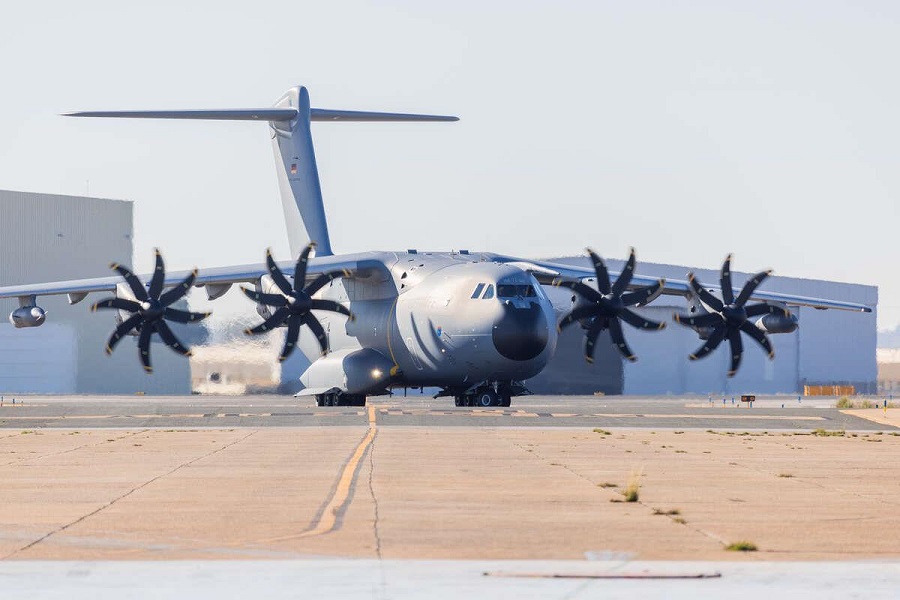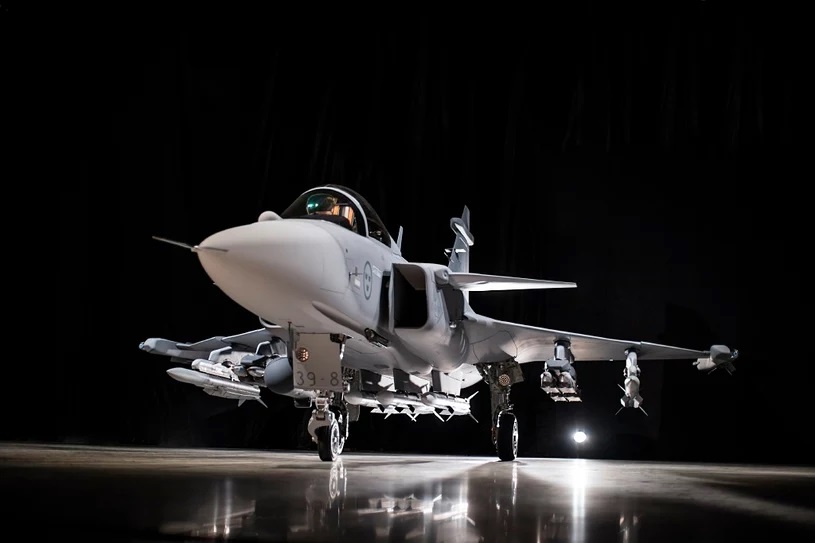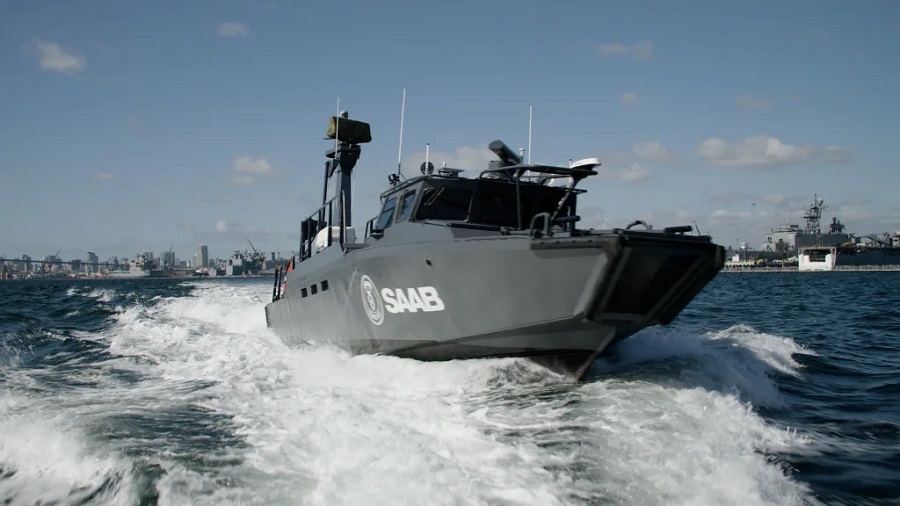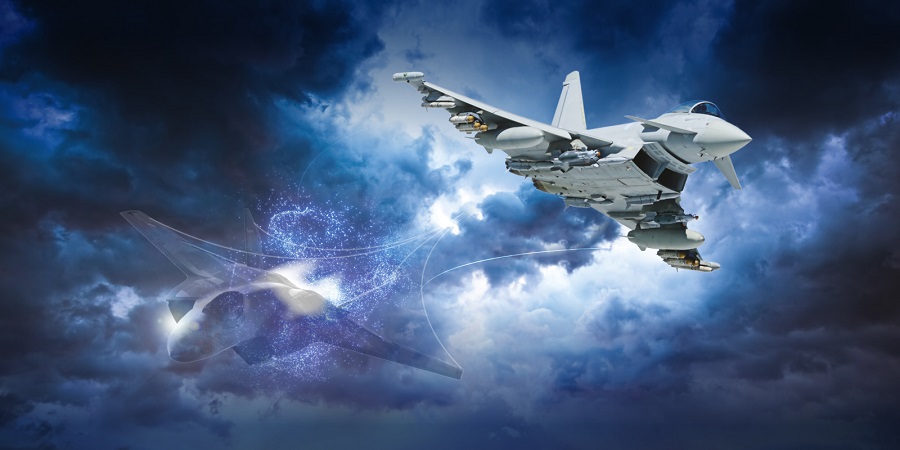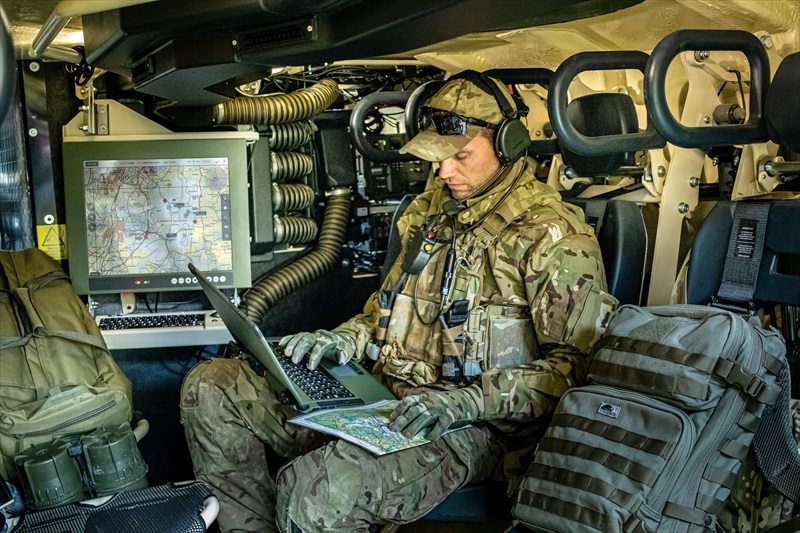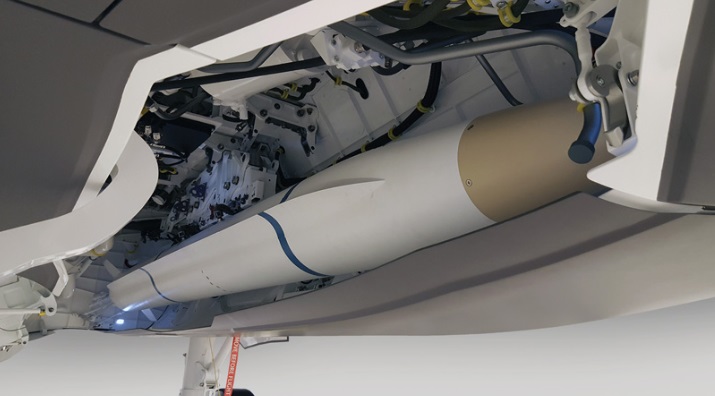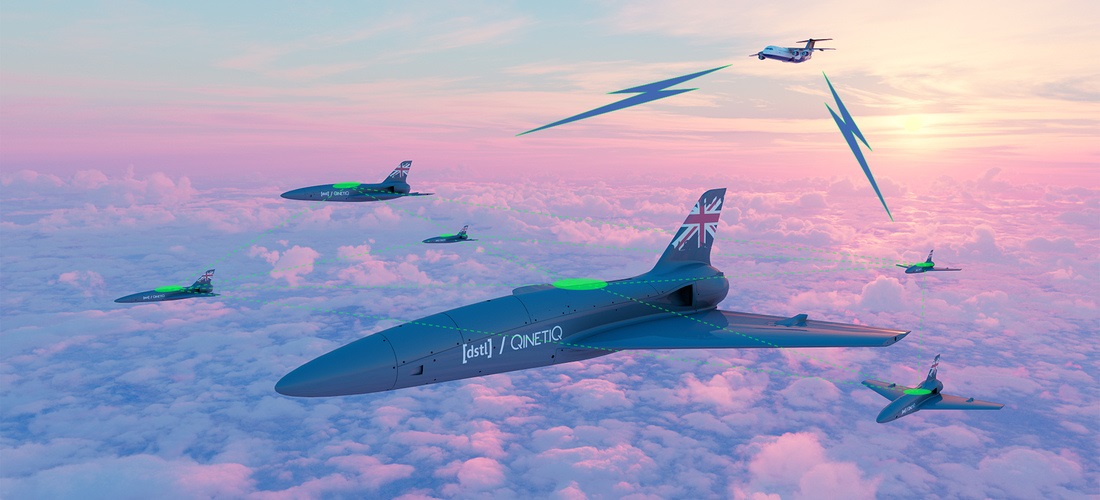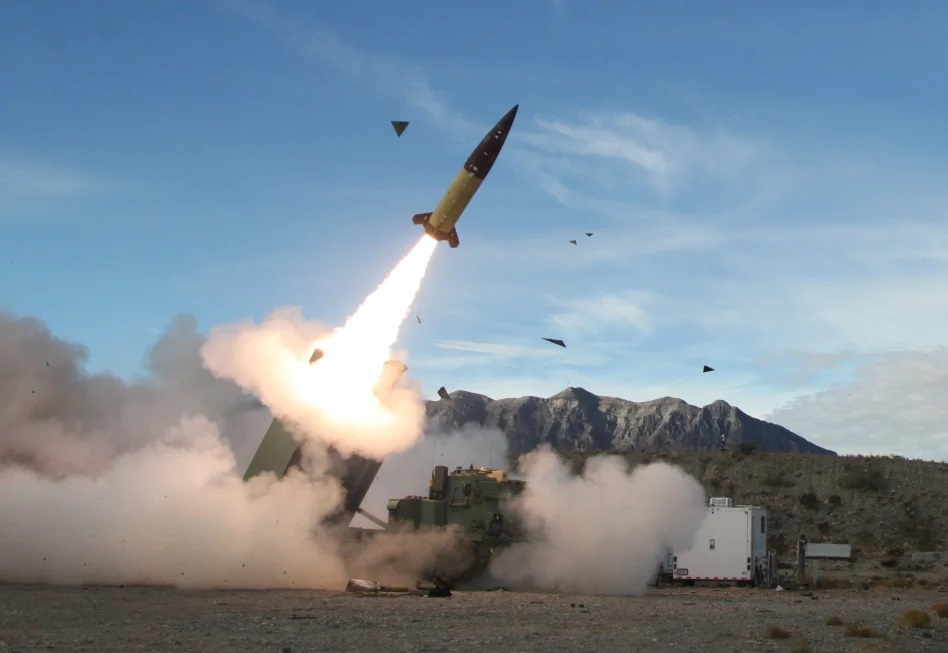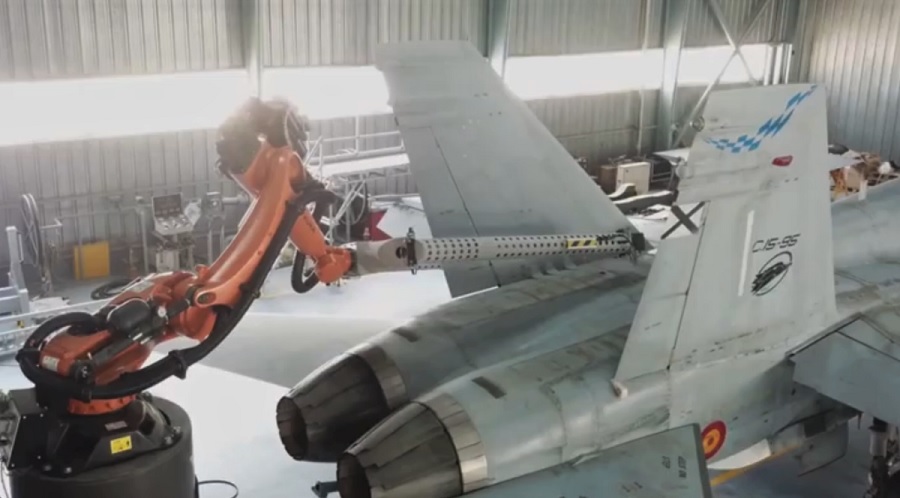The first demo featured the simultaneous control of three MQ-9A remotely piloted aircraft (RPA) by a single crew using the government-owned AFSOC RPA Control Suite (ARCS). ARCS adds additional capability to the Ground Control Station (GCS), by allowing a standard crew to control multiple UAS platforms. The second demo showed that an MQ-9A can launch a Altius 600 from a launch pod.
“We have established a great partnership with AFSOC,” said David R. Alexander, president of GA-ASI. “We know our RPA will be a key building block for AFSOC to achieve its A2E vision.”
AFSOC is acquiring MQ-9B from GA-ASI for rapid prototyping and will forego a traditional GCS to control the RPA. Rather, AFSOC intends to control both the MQ-9A and MQ-9B aircraft, as well as a family of small UAS, from the ARCS. This event demonstrated the viability of ARCS to control the MQ-9A platform, which will lay the foundation for future work to integrate the MQ-9B aircraft into ARCS. This event also demonstrated the viability to operate the MQ-9 platform as surrogates for small UAS, all of which will be controlled by ARCS.
“These demonstrations were what we needed to really start to make A2E a reality,” said AFSOC Col. Trey Olman. “This was the first time we were able to demonstrate control of multiple RPAs from a single workstation, which is important in reducing manpower requirements.”
The A2E demonstrations took place at Cannon Air Force Base, N.M. and Melrose Air Force Range (MAFR), N.M., and utilized Satellite Communications (SATCOM) Launch & Recovery (SLR). AFSOC launched the three MQ-9As using GA-ASI’s Portable Aircraft Control Stations (PACS) and Ground Control Stations. Once airborne, control for the three MQ-9A was handed from the three GCS to a single ARCS workstation. Control of all three aircraft was handed back from ARCS to each GCS and the three aircraft performed SATCOM landings via GA-ASI’s Automatic Takeoff and Landing Capability (ATLC).
The A2E concept envisions AFSOC projecting air power from beyond the horizon, using a family of large, unmanned aircraft along with small, expendable UAS, from permissive to denied environments. MQ-9B is the ideal platform for inserting air-launched effects into potentially hostile environments. The MQ-9B’s combination of range, endurance, reduced manpower footprint, and overall flexibility will key to AFSOC’s future family of advanced UAS systems.


